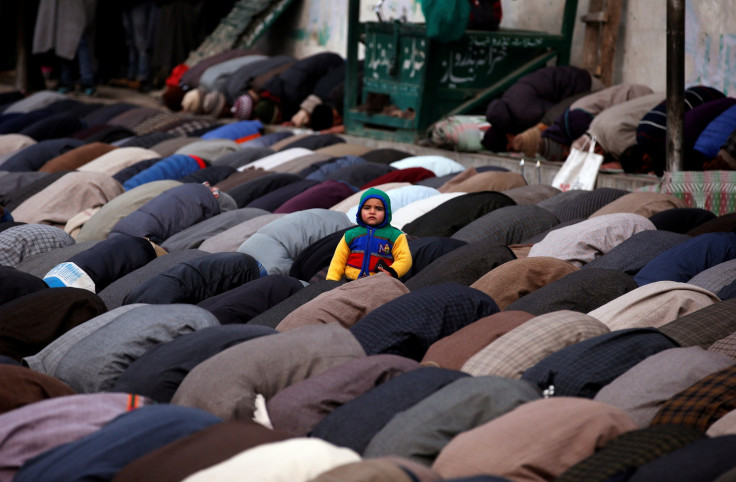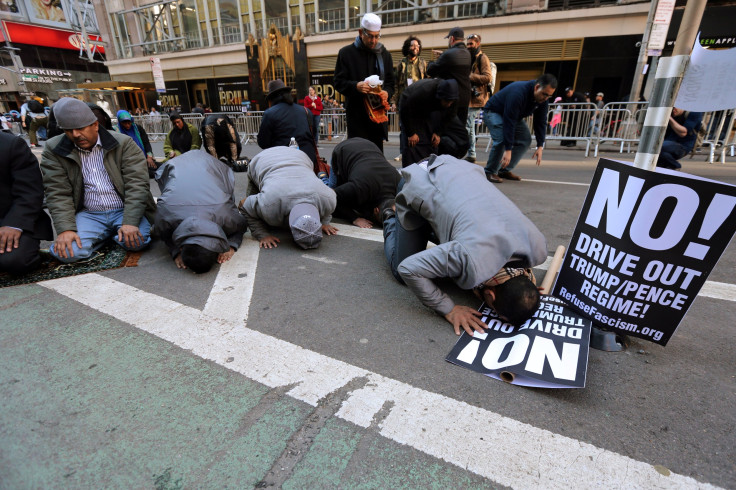Is Islam a Religion? Donald Trump’s White House Avoids Question While Slamming ‘Radical Islamic Terrorism’

President Donald Trump's top aides have avoided providing a simple answer to a question particularly relevant to his first 100 days in the White House: Does the president think Islam is a religion?
Trump has so far signed off on an executive order restricting travel from seven Muslim-majority nations, initially offering priority refugee status and special exceptions to Christians in war-torn regions like Syria before the policy was blocked by a 9th U.S. Circuit Court of Appeals. He’s repeatedly disavowed "radical Islamic terror," promising to crush international terror groups claiming Islamic faith, including the Islamic State, otherwise known as ISIS. The president has even remained largely silent on an uptick in hate crimes and violent attacks against the Muslim community across the United States.
But when it comes to his thoughts on the global religion set to eclipse Christianity as the most popular faith internationally, White House officials haven’t confirmed whether Trump even believes Muslims are members of a religious group instead of a cult or some other organization.

Trump deputy assistant Sebastian Gorka declined to answer whether the president viewed Islam as a religion, saying in an interview with NPR Wednesday, “This is not a theological seminary.”
"This is the White House, and we’re not going to get into theological debates," Gorka said. "If the president has a certain attitude to a certain religion that’s something you can ask him, but we’re talking about national security and the totalitarian ideologies that drive the groups that threaten America."
Gorka’s statement followed a previous interview with NPR just a month earlier Feb. 3 when Trump's assistant said the president and his administration think "groups like ISIS have a religious verbiage, their justification for violence is always religious."
Following the terror attacks of Sept. 11, 2001, former President George W. Bush said "Islam is peace" while vowing to work with local Muslim communities to root out radicalized terror at home and abroad.
"These acts of violence against innocents violate the fundamental tenets of the Islamic faith. And it's important for my fellow Americans to understand that," Bush said Sept. 17, 2001. "The face of terror is not the true faith of Islam. That's not what Islam is all about. Islam is peace. These terrorists don't represent peace. They represent evil and war."
© Copyright IBTimes 2024. All rights reserved.





















